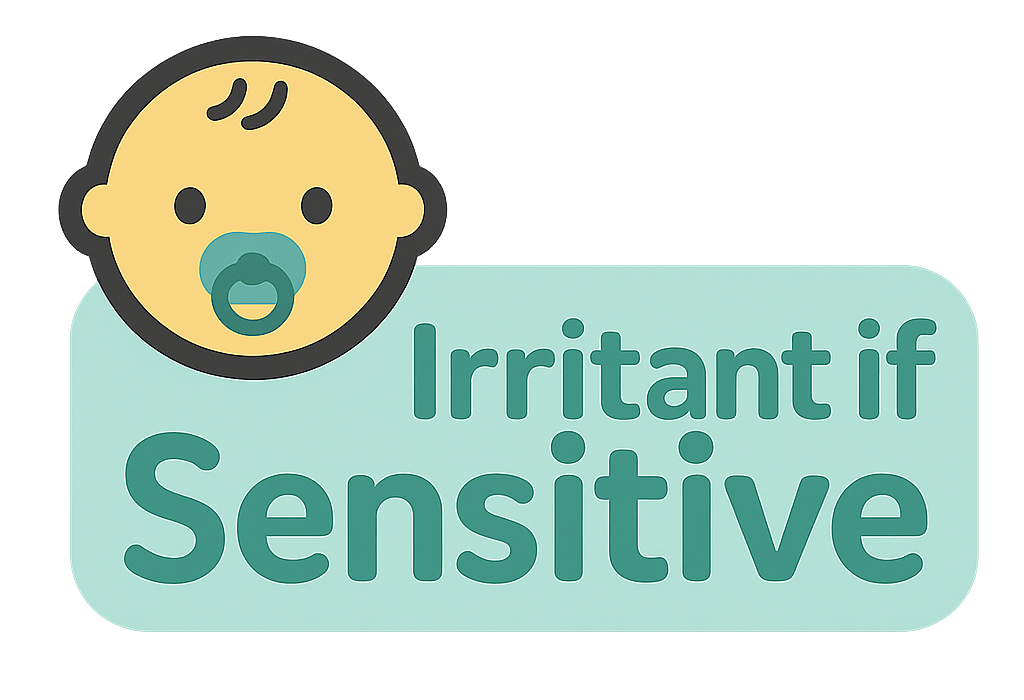Check for Different Age (6 available)
Is this safe for 0-6 month old newborns to use Triethyl Citrate?
ℹ️General Overview
For infants and newborns (0–6 months): this ingredient is not known to cause serious long-term harm, but it can cause allergic skin reactions. Because babies’ skin is very sensitive and there is limited baby-specific data, we recommend being cautious and avoiding regular use on infants when possible.
✅What to Do
If you have a product that lists triethyl citrate and you need to use it on your baby: 1) prefer products specifically made and safety-tested for babies; 2) avoid using it on the face or on broken or irritated skin; 3) do a very small patch test on the thigh and watch for 48 hours for any redness, swelling, or bump; 4) use the smallest amount needed and do not put it on large areas of skin; 5) if you see any irritation stop use and contact your pediatrician.
⚠️Warnings
Watch for rashes, redness, swelling, itching, or any new skin bumps after use — these are signs of an allergic reaction. The US EPA reports strong evidence that this chemical can be an allergen. Industry safety reviewers note restrictions on how much can safely be used and that there are gaps in the data (Cosmetic Ingredient Review). The ingredient may be allowed in limited food uses (U.S. FDA) and is not believed to build up in the body or environment (Environment Canada), but those findings do not remove the allergy risk. If your baby has a known skin allergy or eczema, avoid products with this ingredient and talk with your pediatrician.
Are you holding the product?
Scan the full ingredient label and understand if it's safe for your child.
Safety Risk Labels
This ingredient has the following documented risks:



Tap or hover over labels to see detailed risk information.
Alternative Names for Triethyl Citrate
This ingredient may also be listed as:
Always check ingredient labels carefully, as ingredients may be listed under different names.
Products Containing Triethyl Citrate
This ingredient is found in the following products:
This list shows products that contain Triethyl Citrate or its alternative names.
Research Articles on Triethyl Citrate
Scientific research related to this ingredient:
These research articles provide scientific evidence about Triethyl Citrate safety and effects.
Common Questions About Triethyl Citrate
Is this ingredient safe for newborns to use Triethyl Citrate?
Triethyl Citrate is not recommended for 0-6 month old babies due to potential safety risks.
What are the immune system risks of Triethyl Citrate for newborns?
Could weaken or confuse immune system. This is especially important for babies whose skin and systems are still developing.
What are the irritant risks of Triethyl Citrate for newborns?
Can cause skin redness, itchiness, or rashes—especially on sensitive baby skin. This is especially important for babies whose skin and systems are still developing.
What are the eczema risks of Triethyl Citrate for newborns?
Linked to triggering or worsening eczema and similar skin conditions. This is especially important for babies whose skin and systems are still developing.
What products contain Triethyl Citrate?
Triethyl Citrate is commonly found in skincare products, cosmetics, and topical applications. Always check ingredient labels before use.
When can infants start using products with Triethyl Citrate?
The appropriate age depends on the specific ingredient properties and concentration. This analysis is for 0-6 month old babies. Use the age selector above to check other ages.
Want to scan another product?
Use our camera scanner to analyze more ingredient labels
Scan Another Product